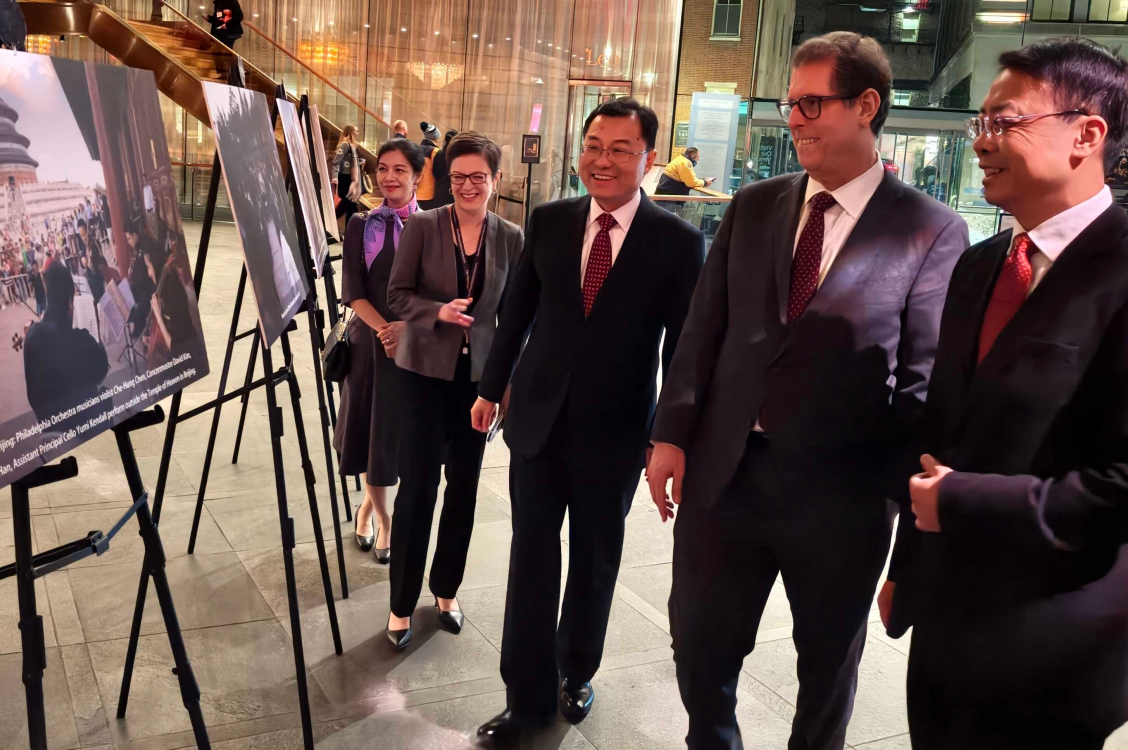CATTI-题库-真题-模拟-课程-直播
 英语CT
英语CT
 2025-07-03
2025-07-03

 998次
998次

汉译英
2021年10月11日,联合国《生物多样性公约》第十五次缔约方大会(COP15)在春城昆明拉开帷幕。大会总结了国际社会在生物多样性保护方面取得的经验,勾画出未来十年全球生物多样性治理的蓝图。
保护生物多样性不仅对于自然环境意义重大,对于现代社会和人类生存也极为重要。国际社会期待着大会为全球生物多样性创造更雄心勃勃的目标,推动助力国际社会开展更多合作。中国一直是全球生物多样性议程的强有力支持者和贡献者。中国是最早加入《生物多样性公约》的国家之一。中国也是公约核心预算的最大捐助国之一。中国提出主办COP15,清楚地表明了中国在生物多样性保护方面将发挥重要的作用。
2021年10月8日,在COP15召开前夕,中国国务院新闻办公室发布《中国的生物多样性保护》白皮书,分享中国对生物多样性保护的理念、举措和成效。中国为推动达成更具雄心与务实的大会成果,形成更公正合理的全球生物多样性治理体系发挥了重要作用。
英译汉
Before entering a new market, doing a PEST (political, economic, social and technological) analysis is important for tourist firms to know the macro-environmental factors of the market. Businesses should carefully analyse these issues before considering their expansion in a different country through foreign direct investment.
The political analysis relates to how governments influence the companies' strategy and operations. The political environment encompasses laws, government agencies and pressure groups which could have an effect on tourist organizations and entrepreneurs. Such factors include national policies on financial matters, including foreign debt, and the rates of inflation and recession; policies and regulatory legislation on reciprocal trade and foreign investment, travel restrictions; the government's tourism policies; and ecological considerations, among other issues.
Political, legal and regulatory issues can affect the viability of tourist firms. Therefore, any prospective changes in the government's priorities, e.g, public spending, or a change in government, can lead to the opening-up or the closing of markets. Business activity tends to grow and thrive when a nation is politically stable. National governments and their legal systems could facilitate or hinder businesses, in many areas. Therefore, any political changes are closely related to legal and economic matters for example, employment laws, minimum wage laws, health and safety laws, environmental protection laws, consumer protection laws, tax laws, etc.
Many nations are increasingly encouraging free trade by inviting firms to invest in their country, whilst allowing their domestic firms to engage in overseas business. These nations may decide not to impose conditions on imports, or not discriminate against foreign-based firms. But there are also governments who may oppose free trade. The most common form of trade restrictions is the tariff. Tariffs or levies are usually established to protect domestic manufacturers against competitors by raising the prices of imported goods.
An economic analysis will involve an examination of the target foreign countries' monetary, fiscal and economic policies. The factors affecting consumer purchasing and spending patterns include wealth per capita, discretionary income, industrial development, currency restrictions, balance of payments, imports/export licenses, and fluctuations in interest and foreign exchange rates. The exchange rate of a country's currency represents its value in relation to that of another country's currency. Currency rates fluctuate on a daily basis, thus creating high risks for many industries, including the travel and hospitality sectors
A social analysis delves into societal behaviours, customs, values, norms, lifestyles and preferences. Demographic factors, including the age structure of the population, may also change over time. Moreover, social issues could also comprise the cultural environment, which is influenced by the individual population size, race, religious beliefs, gender, family, education, occupation, the individual's position in the social strata, etc. Institutions could influence society's basic values, perceptions and preferences. Climate and seasonal variations could also affect consumer behaviours and their travelling propensity.
Of course, there may be other factors that could affect the consumers' inclination to travel, including credit facilities and attitudes, competition from other spending behaviours, etc. Social issues may also relate to distances to be travelled, urban versus rural lifestyles and attitudes to travel, emigration, school vacation periods, perceptions on international travel, etc.
A technological analysis is required as marketers need to keep themselves up-to-date with the latest innovations in the tourism industry. Like any other business, the tourist firms, including airlines, are affected by new technologies, which could create new products and market opportunities.

 点赞(0)
点赞(0)

 收藏
收藏

With the Year of the Horse just around the corner, it gives me great pleasure to join you atthe “Nihao! China” Tourism Promotion Reception and Chinese New Year Concert.
驻美使馆 2026-01-31 10:51:12
 收藏资讯
收藏资讯

The year 2025 marks the 80th anniversary of the victory of the World Anti-Fascist War and the founding of the United Nations. In this heavy-loaded, historic year, the world once again came to a crucial juncture and had to decide which way to go.
外交部 2026-01-27 14:49:36
 收藏资讯
收藏资讯

It gives me great pleasure to attend the CGCC Annual Gala again and get together with friends old and new.In the past year, CGCC stayed committed against all odds to serving Chinese-invested enterprises in the United States and building more bridges for
驻美使馆 2026-01-21 09:24:58
 收藏资讯
收藏资讯

女士们、先生们,大家上午好!欢迎出席国务院新闻办新闻发布会。今天我们进行经济数据例行发布,我们邀请到国家统计局局长康义先生,国家统计局新闻发言人、总经济师、国民经济综合统计司司长付凌晖先生,请他们为大家介绍2025年国民经济运行情况,并回答大家关心的问题。
国新办 2026-01-20 11:09:45
 收藏资讯
收藏资讯